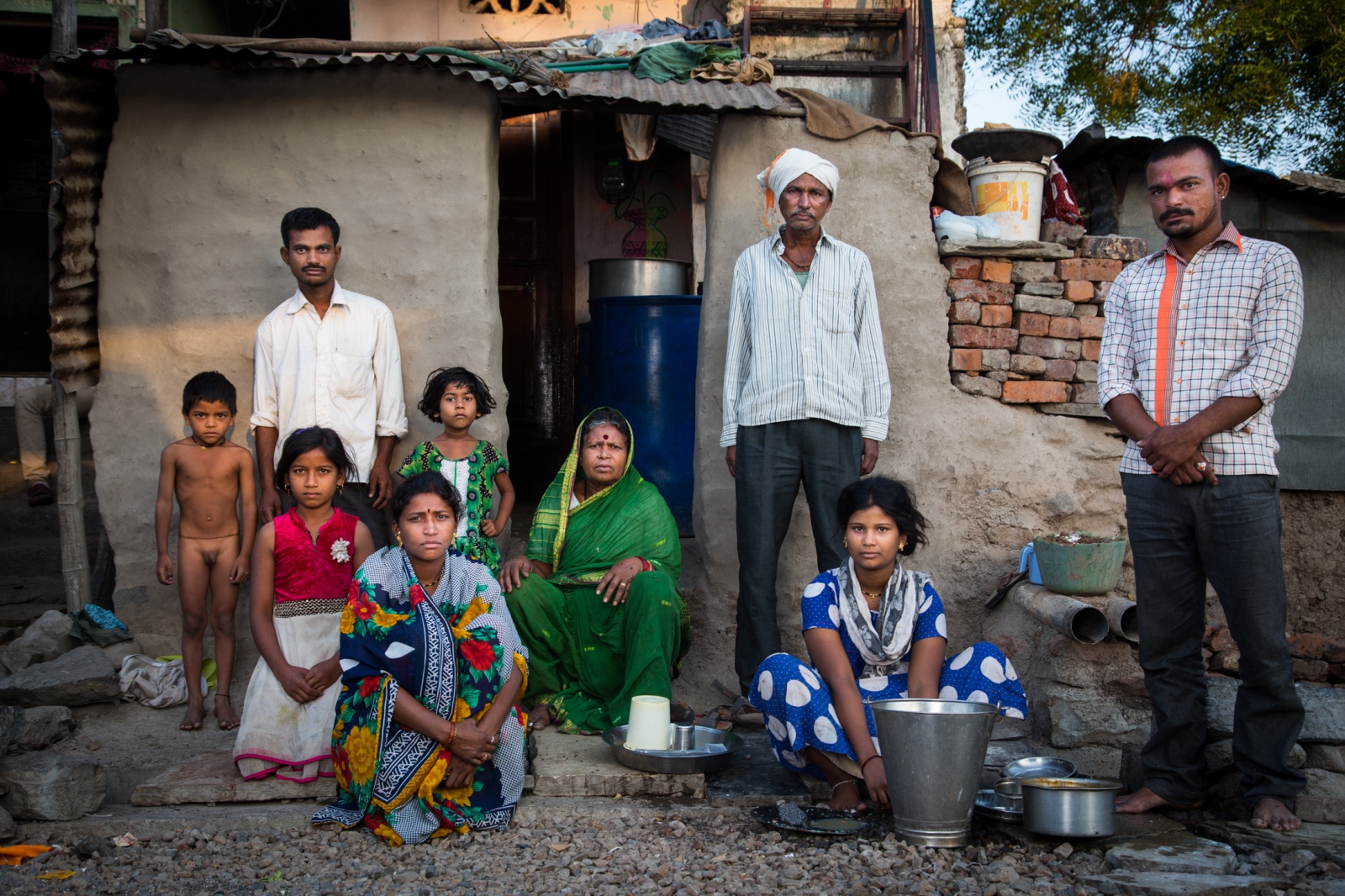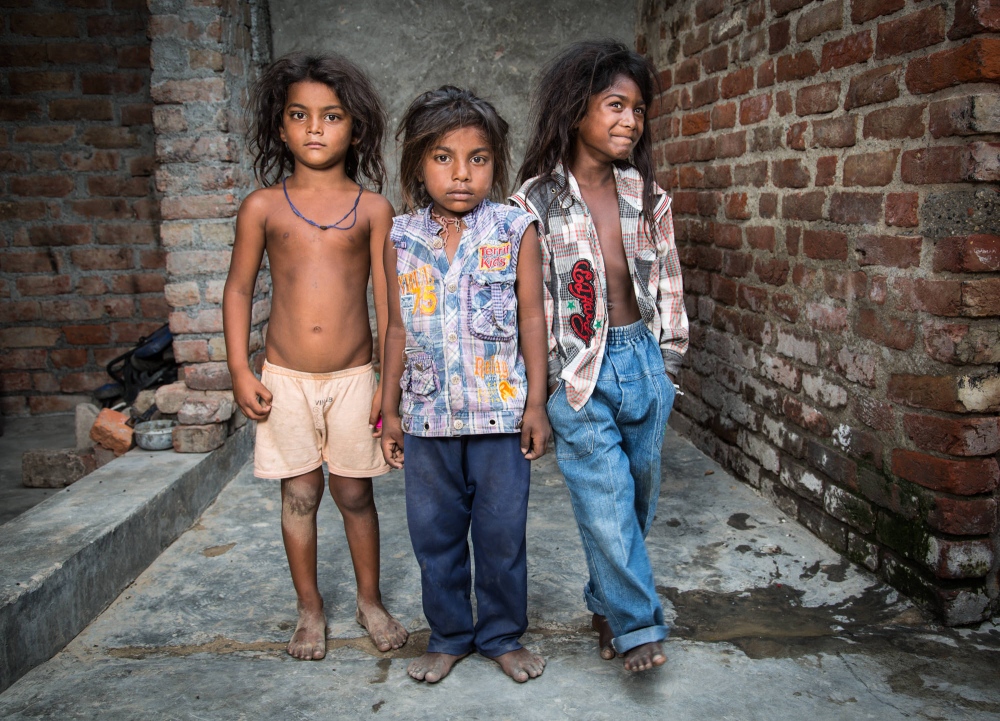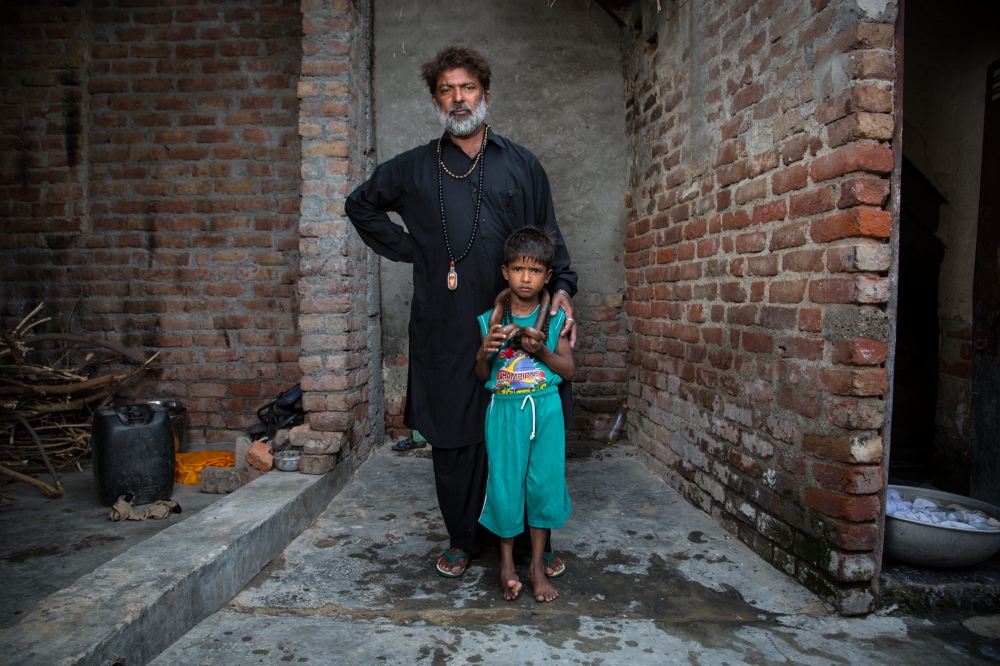A Criminal Legacy: The Denotified and Nomadic Tribes of India
by David Goldman
Found across the length and breadth of India, these diverse sets of communities are brought together by a shared history of marginalization and stigma. Within living memory, their livelihoods were once an important part of the vibrant landscape of India. These nomads would remain on the road for much of the year. As they passed through villages, they would sell their wares and bring much-welcomed entertainment to rural communities. But as the British colonial government increasingly encroached upon Indian society from the mid-eighteenth century, this traditional way of life was slowly destroyed.
They were portrayed as vagrants, uncivilized, and in need of reformation. Their traditional patrons ostracized them. And eventually, in 1871, the colonial government officially declared them as hereditary criminals under the Criminal Tribes Act. Whole communities – men, women and children – were placed under strict supervision and had to report daily to the local police. Many were interned within labor settlements. At its most brutal, the Act deported individuals to penal colonies on the Andaman Islands or forcibly separated children from their parents.
By the time India gained her independence from the British on 15 August 1947, approximately three million people were labelled as criminals by birth. But the plight of the so-called criminal tribes did not end there. Although India would “awaketo life and freedom” – in the now infamous words of Prime Minister Jawaharlal Nehru – these communities remained under the shackles of colonial rule. They had to wait an additional five years, until 31 August 1952, for their vimukti diwas (liberation day) when the Criminal Tribes Act was finally repealed and they were denotified as criminals – hence the present-day moniker.
But old habits and prejudices die slowly. Following the lead of its colonial predecessor, the independent government has continued to criminalize their traditional occupations without adequate retraining. With little access to education, many are forced to beg on the streets or sell trinkets to passing traffic. At least 16 tribes have been pushed into intergenerational prostitution, whereby prostitution is passed from mother to daughter and pimping from father to son. Frequently living in abject poverty, many are forced to turn to petty crime, perpetuating their stigma of criminality and providing fuel for public suspicion and harassment, abuse and even murder by police and people in power. These are human rights violations!
August 2017 marked 70 years of Indian independence and 65 years since the repeal of the Criminal Tribes Act. But in many ways these communities are yet to receive freedom at all. A Criminal Legacy: The Denotified and Nomadic Tribes of India will incorporate portrait photography and a documentary film with a textual history and contemporary perspective to illustrate their long and on-going struggle for freedom. It will document the lives, challenges and aspirations of a number of communities to explore their delayed and contested experience of independence at this important juncture as India prepares to celebrate its own anniversary of freedom.



































